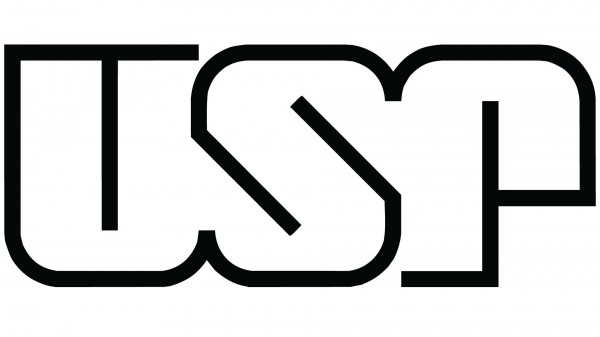The 1st Workshop on Digital Humanities and e-Science will be held as part of e-Science 2014, with the endorsement of AHDig.
The motivation for this workshop starts at the realization that there is an intersection between Digital Humanities and e-Science. The workshop proposes to explore the extent of this intersection, aiming at expanding the common ground, even if the communities have not agreed upon the exact boundari With this in mind, this event will present and discuss research in the Humanities with intensive participation of computer resources.
For the purpose of the workshop, “Digital Humanities” comprehends the interactions between Information Technology and Computer Science on the one hand, and Philosophy, History, Geography, Social Sciences, Linguistics and Letters, Education, Economics, Law, Anthropology, Archaeology, Communication Studies and Information Sciences on the other hand. By “intensive computational resources” we understand the following scenarios:
- Data-intensive applications.
- Symbolic processing and information extraction of structural features in data usually organized in corpora of texts and other representations.
- Network analysis of internet-based applications.
- Distributed computation and high-performance computing in datadriven studies.
The participation of those computational resources in Digital Humanities not only allows one to get answers to traditional questions more eficiently, but also expands and transforms the kind of questions that may be posed in Humanities studies. In that context, computation is not simply used as an instrument, but rather it is a constitutional part of the analysis. This therefore raises theoretical questions to the field, as well as practical, analytic and methodological ones. Such theoretical questions have been intensively debated in the Digital Humanities community in the last decade, at least. We would now want to bring this discussion to an e-Science framework.
In this spirit, the workshop welcomes contributions in the technical areas of Digital Humanities, but also contributions on computationally inspired theoretical questions, analyses and studies. The outcome of this workshop will be a better understanding of the extent to which computational technologies can integrate the approaches to Humanities studies, and how both sides can profit from this integration.




dhandes@ime.usp.br